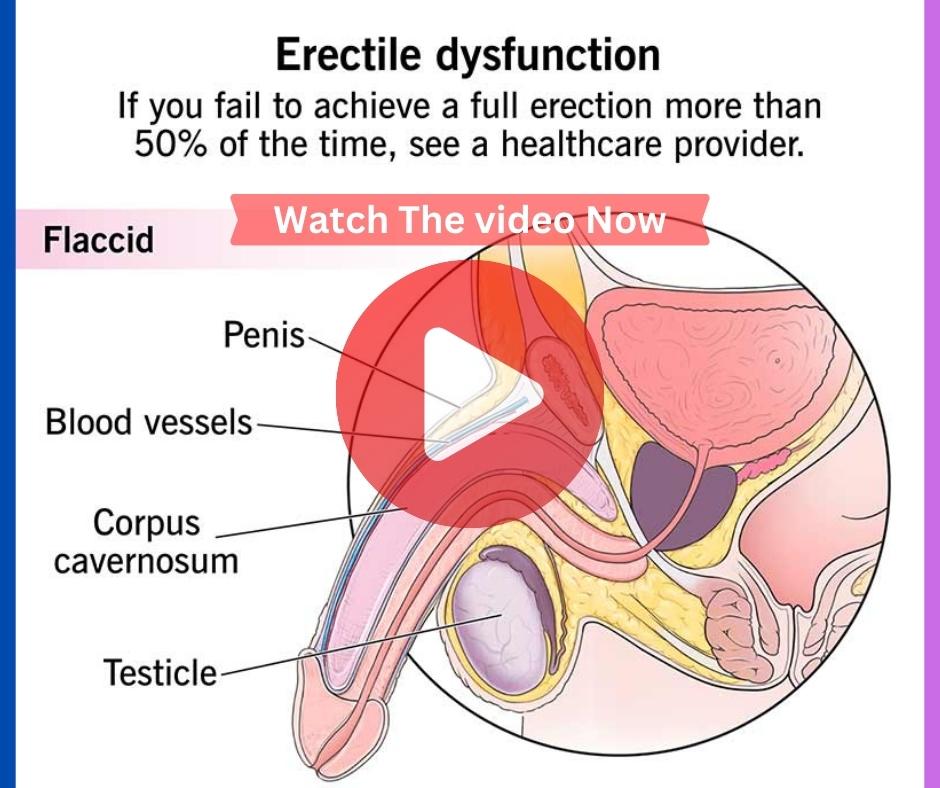Understanding Erectile Dysfunction at 40: Causes and Solutions
Introduction: As men reach their 40s, they often encounter a range of health challenges, one of which may be erectile dysfunction (ED). This condition, characterized by the inability to achieve or maintain an erection, can impact personal relationships and self-esteem. This blog post will delve into the various causes of ED at this age and explore possible solutions. Understanding the underlying issues is crucial for effective management, and this article aims to provide valuable insights and practical advice.
Physical Causes of Erectile Dysfunction at Age 40
Vascular Issues
Vascular-related problems are the most common physical cause of ED in this age group. Cardiovascular issues like atherosclerosis (hardening of the arteries), high cholesterol, and hypertension can lead to restricted blood flow to the penis, hindering the ability to maintain an erection. As you age, the risk of developing medical conditions like diabetes increases, further complicating blood flow. According to the Centers for Disease Control and Prevention (CDC), the likelihood of developing Type 2 diabetes rises after age 45, making it a significant concern for men in their 40s.
Neurological Problems
Erectile dysfunction can also stem from neurological issues. Conditions such as Parkinson’s disease and multiple sclerosis (MS) can impair the nervous system, preventing the brain from sending necessary signals to the penis for an erection. Aging is a major risk factor for these neurodegenerative diseases, making it crucial to maintain neurological health in one’s 40s.
Hormonal Imbalances
Low Testosterone
Men experience hormonal changes as they age, similar to female menopause, commonly known as andropause. A natural dip in testosterone levels can occur, affecting sexual function. Low testosterone plays a significant role in ED, often resulting in reduced libido and difficulty achieving an erection. Addressing hormonal imbalances can help in mitigating ED symptoms.
Managing Hormonal Changes
To manage age-related hormonal changes, incorporating a healthy lifestyle with regular exercise, a balanced diet, and stress management techniques can be highly beneficial. Consulting healthcare professionals for testosterone replacement therapy may also be considered a viable option in managing hormonal-related ED.
The Impact of Lifestyle and Psychological Factors
Lifestyle Choices
Your lifestyle choices significantly affect sexual health. Factors such as smoking, excessive alcohol consumption, obesity, and sedentary habits are detrimental to achieving and maintaining an erection. Adopting a healthier lifestyle can reverse or prevent many conditions that contribute to ED.
Psychological Factors
Anxiety, stress, depression, and relationship issues can exacerbate ED. These psychological factors can lead to performance anxiety or a decreased desire for sexual activity. Seeking therapy and counseling can be an effective way to address these underlying psychological issues.
Conclusion
Summary of Key Points
In summary, erectile dysfunction in men aged 40 can be attributed to vascular issues, neurological and hormonal problems, as well as lifestyle and psychological factors. Understanding these causes is the first step toward addressing the condition effectively. By adopting a proactive approach, including a healthy lifestyle, medical consultation, and stress management, men can significantly improve their sexual health and overall well-being.
Call to Action
If you’re experiencing symptoms of ED, it’s important to consult with a healthcare provider to determine the underlying cause and explore potential treatments. For more insights on men’s health, subscribe to our newsletter, leave your comments below, and share this post with others who might benefit from this information.





